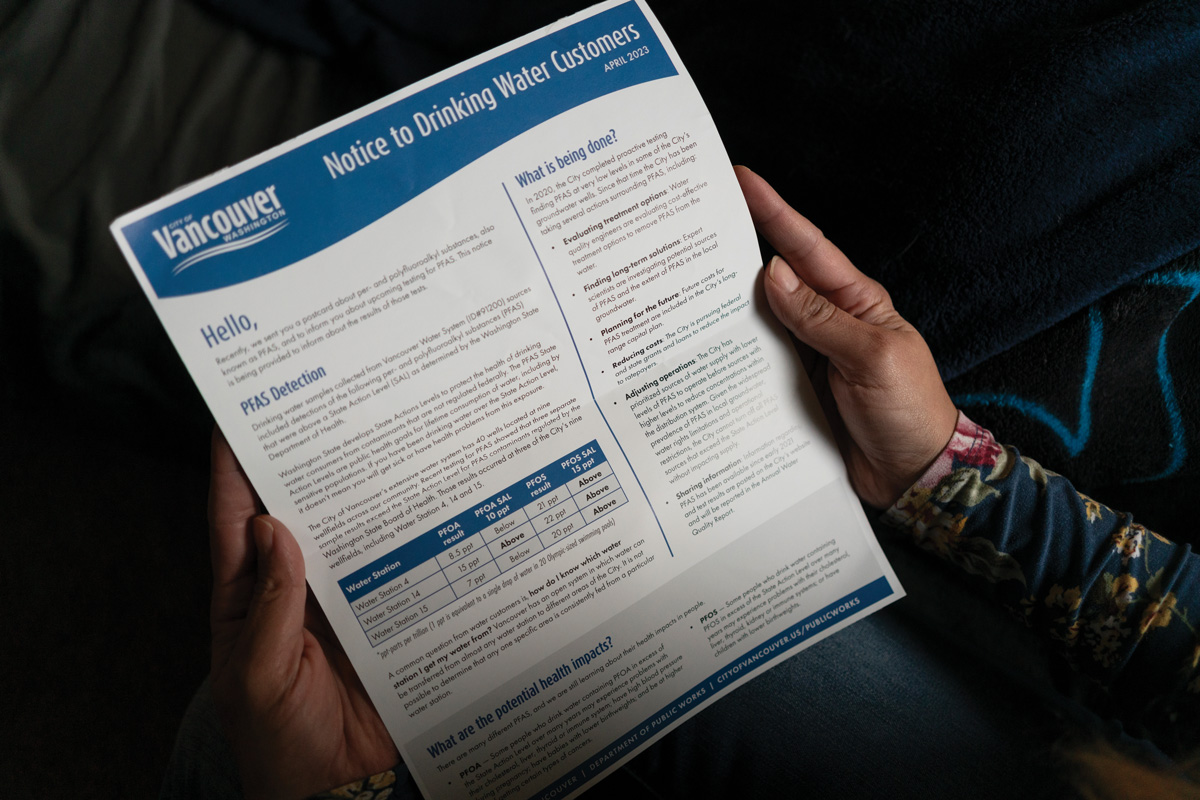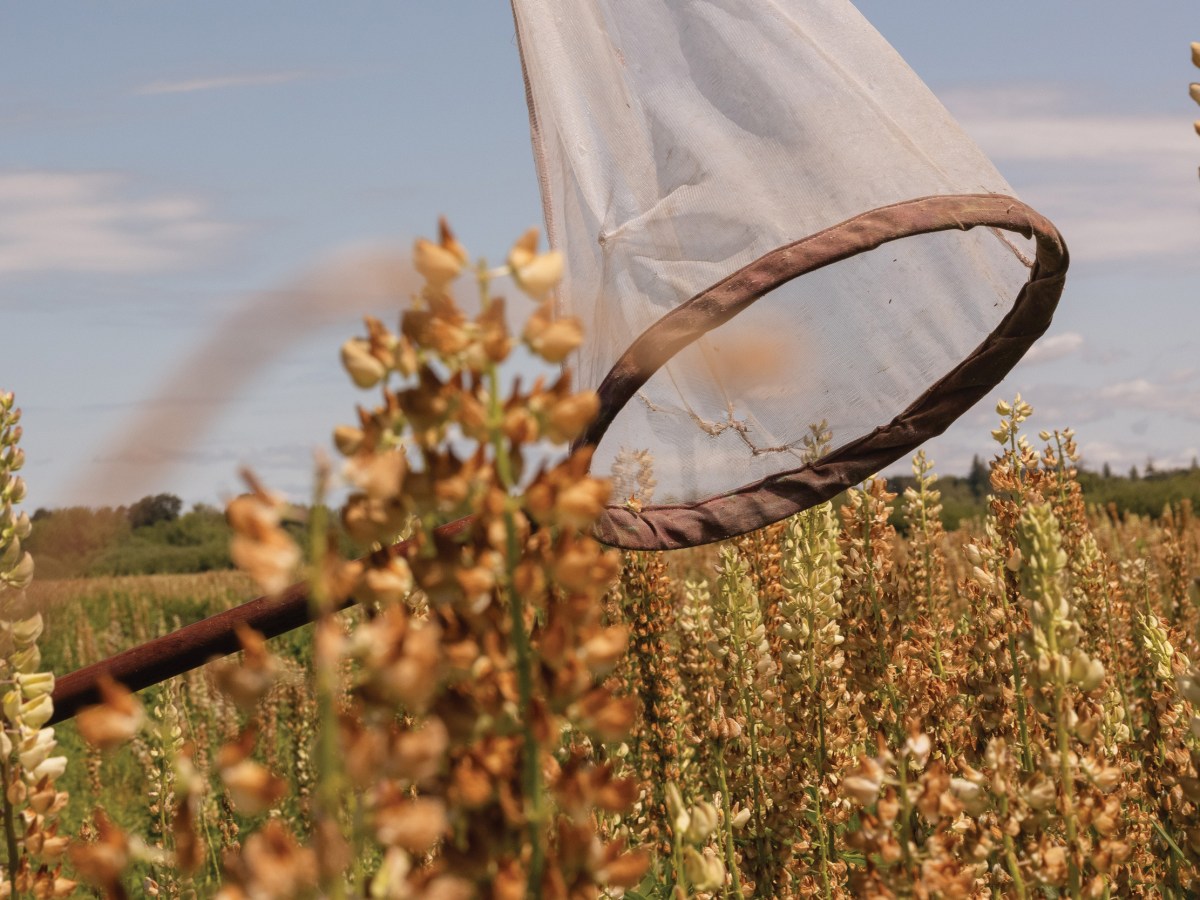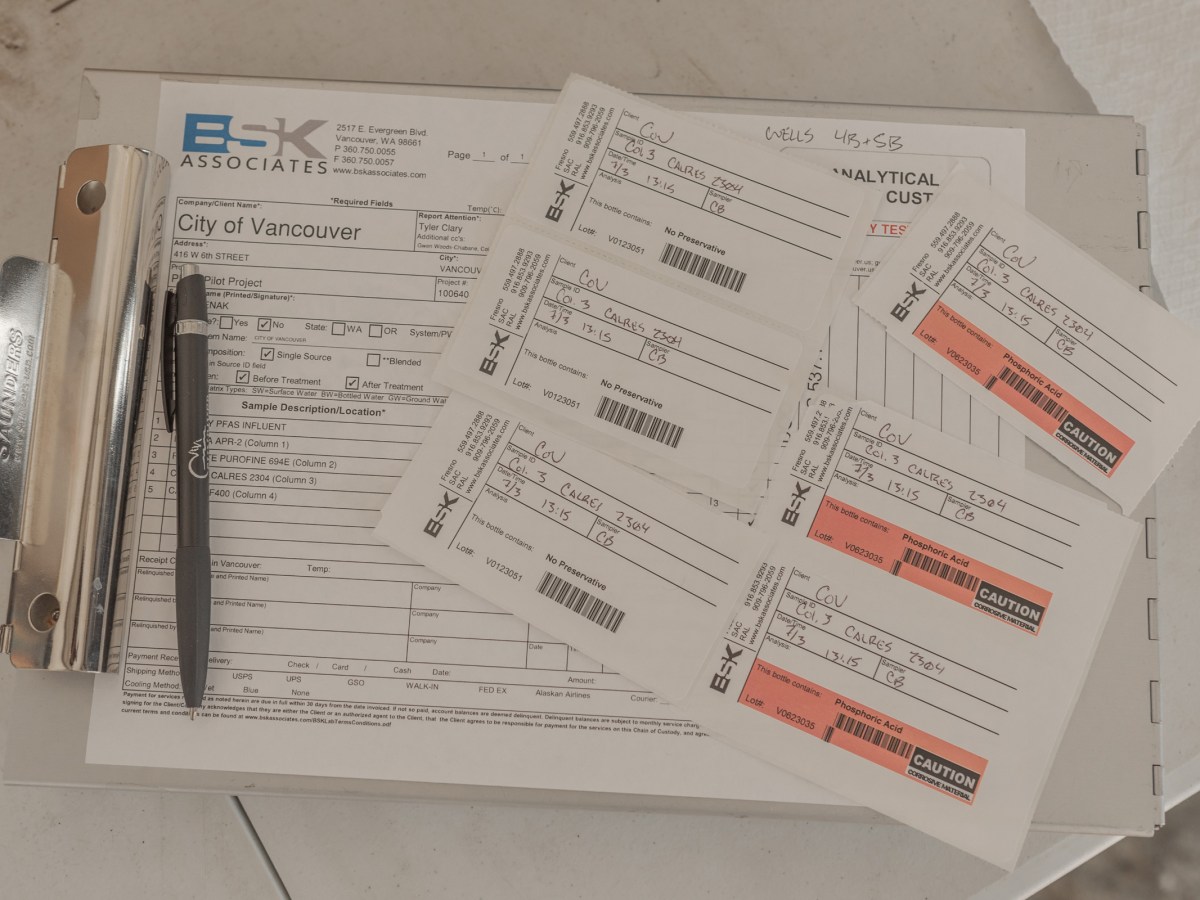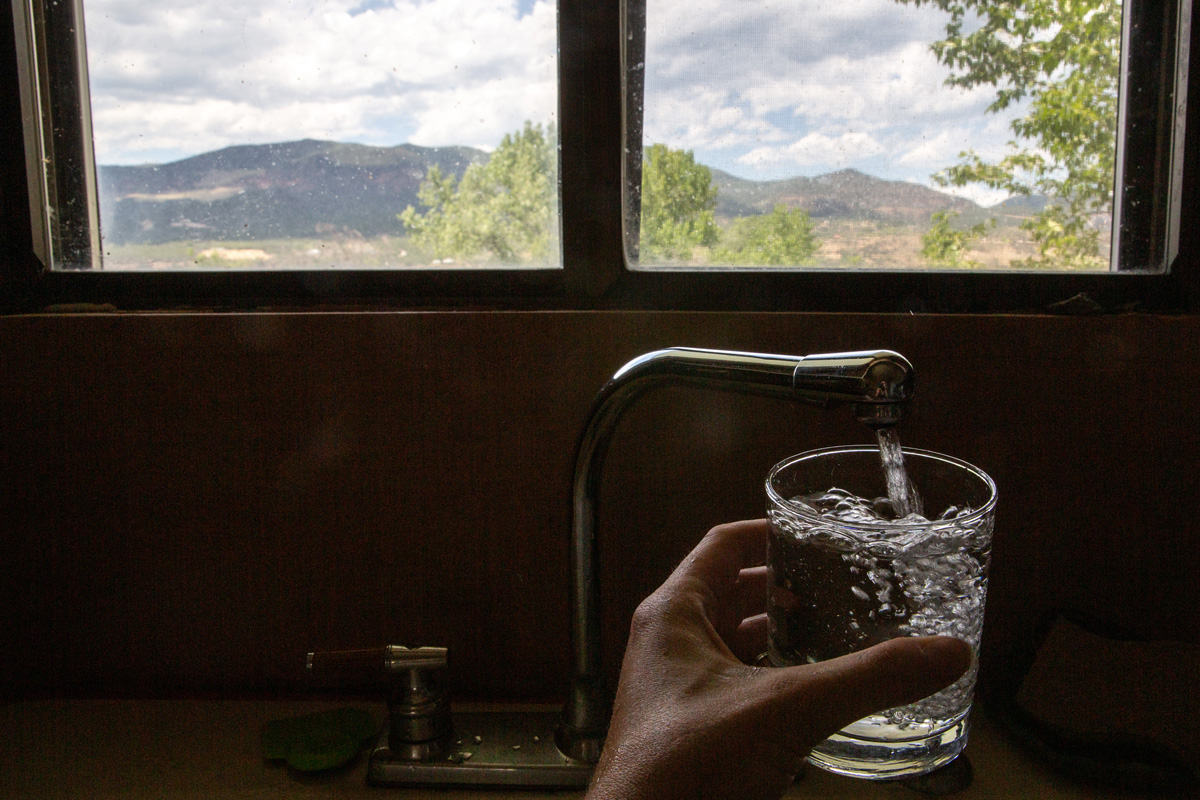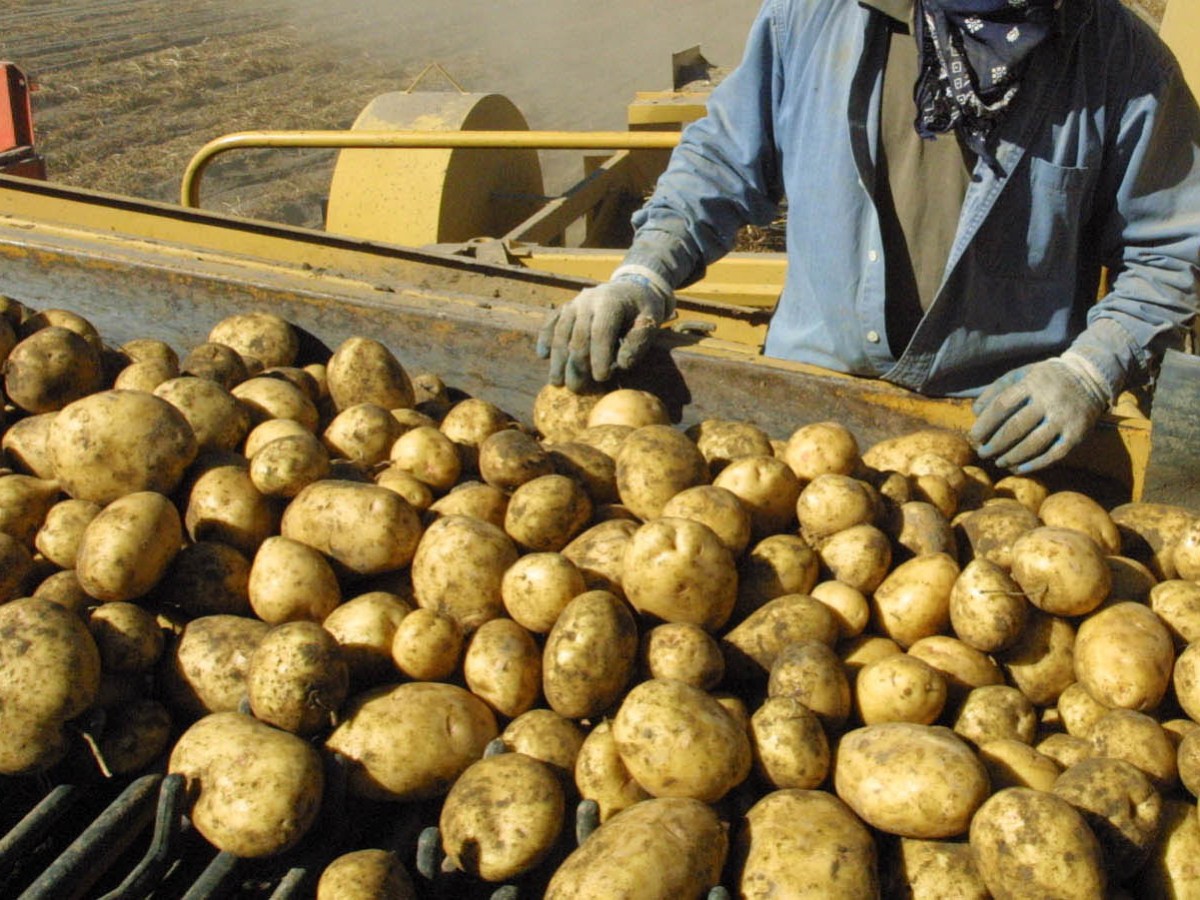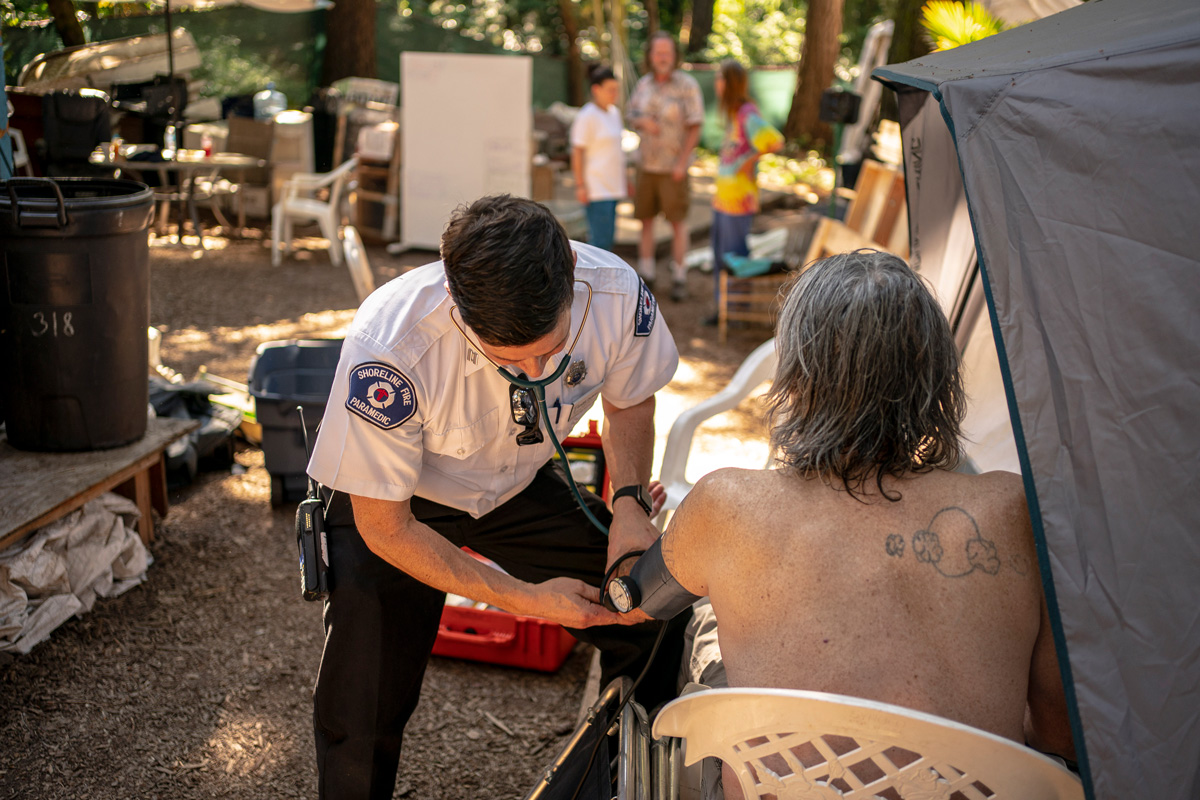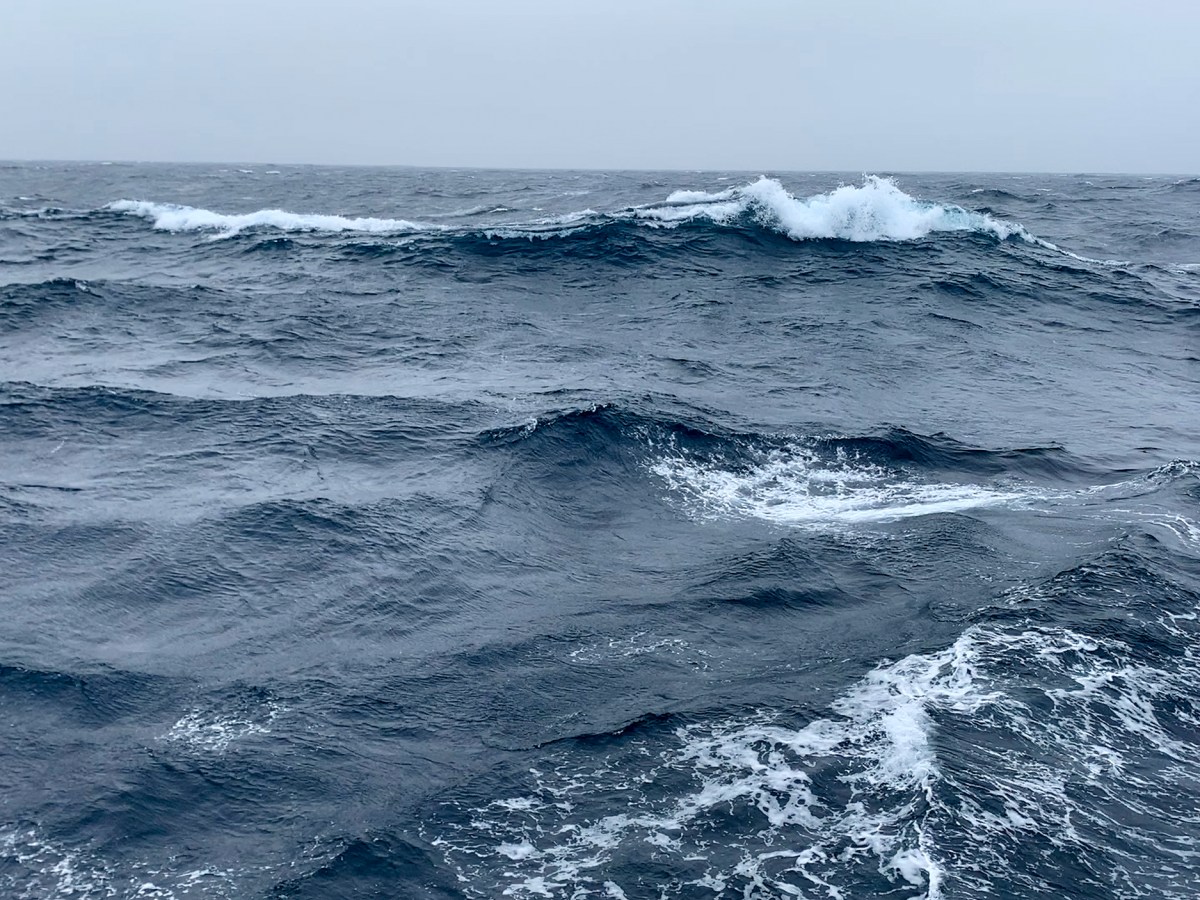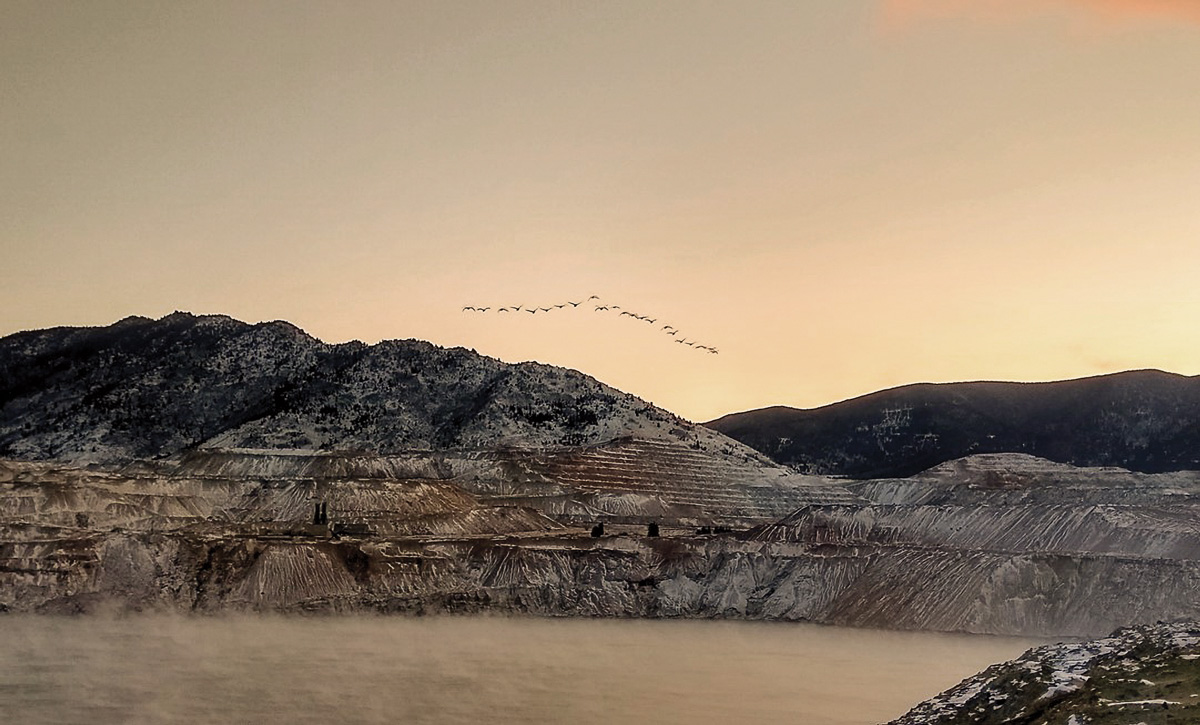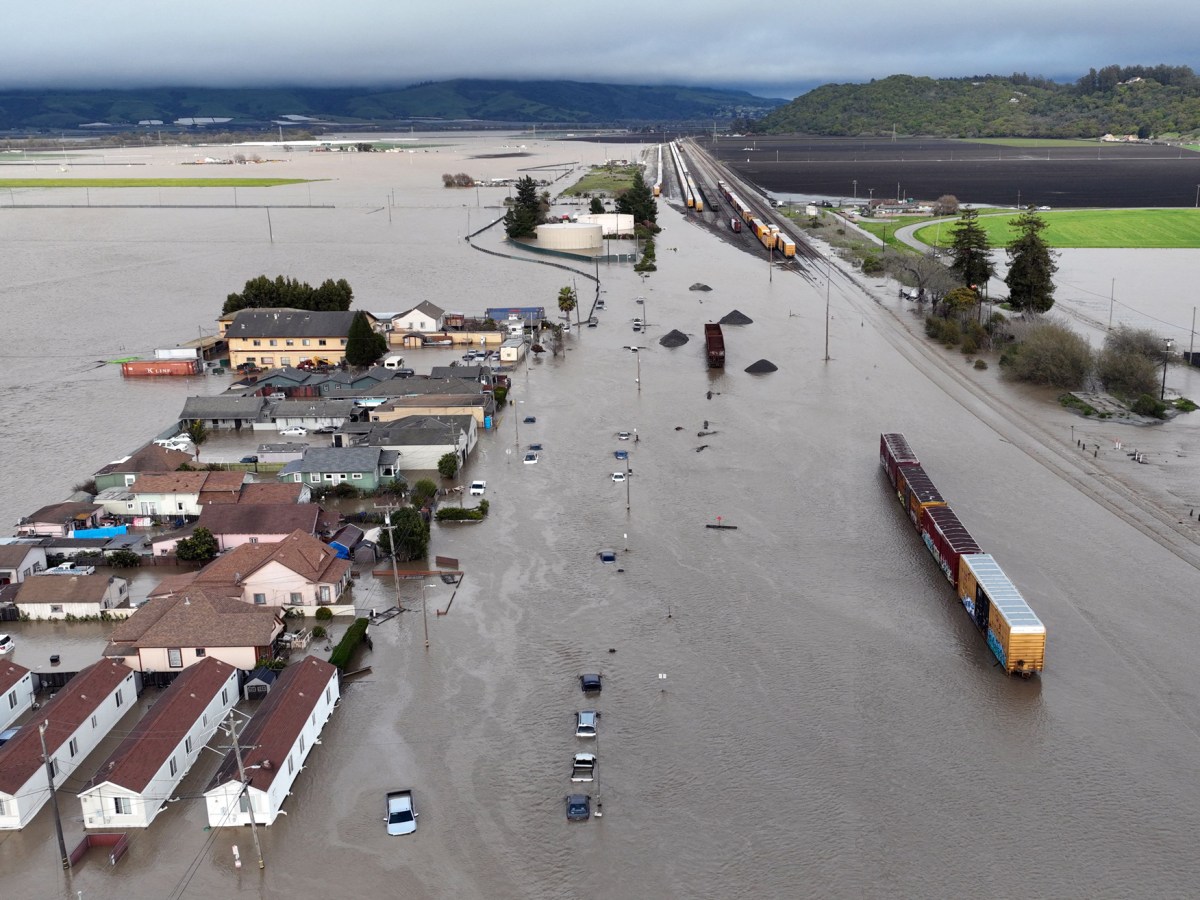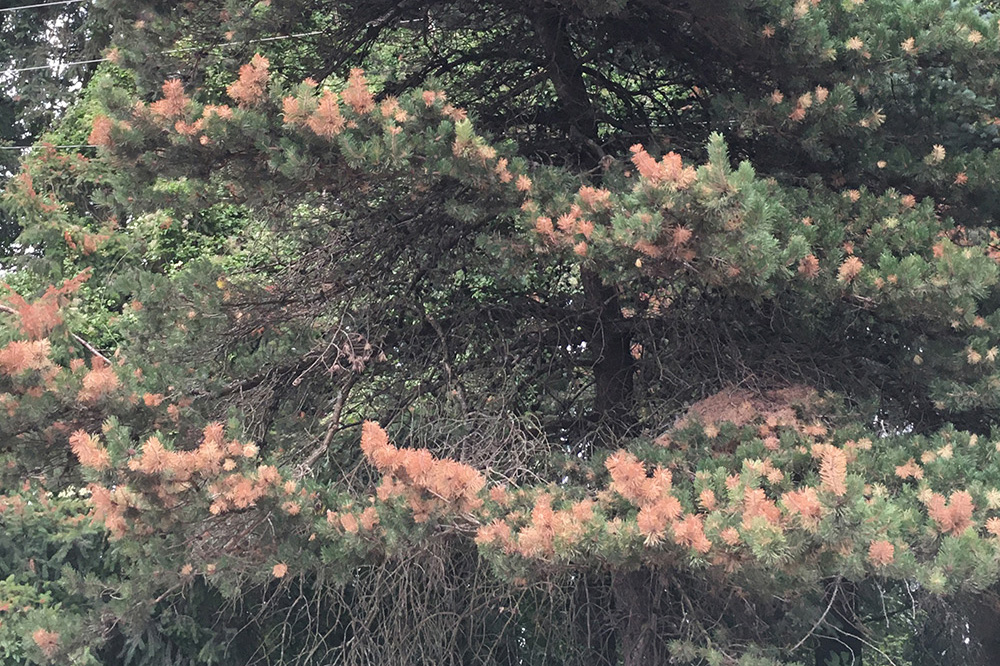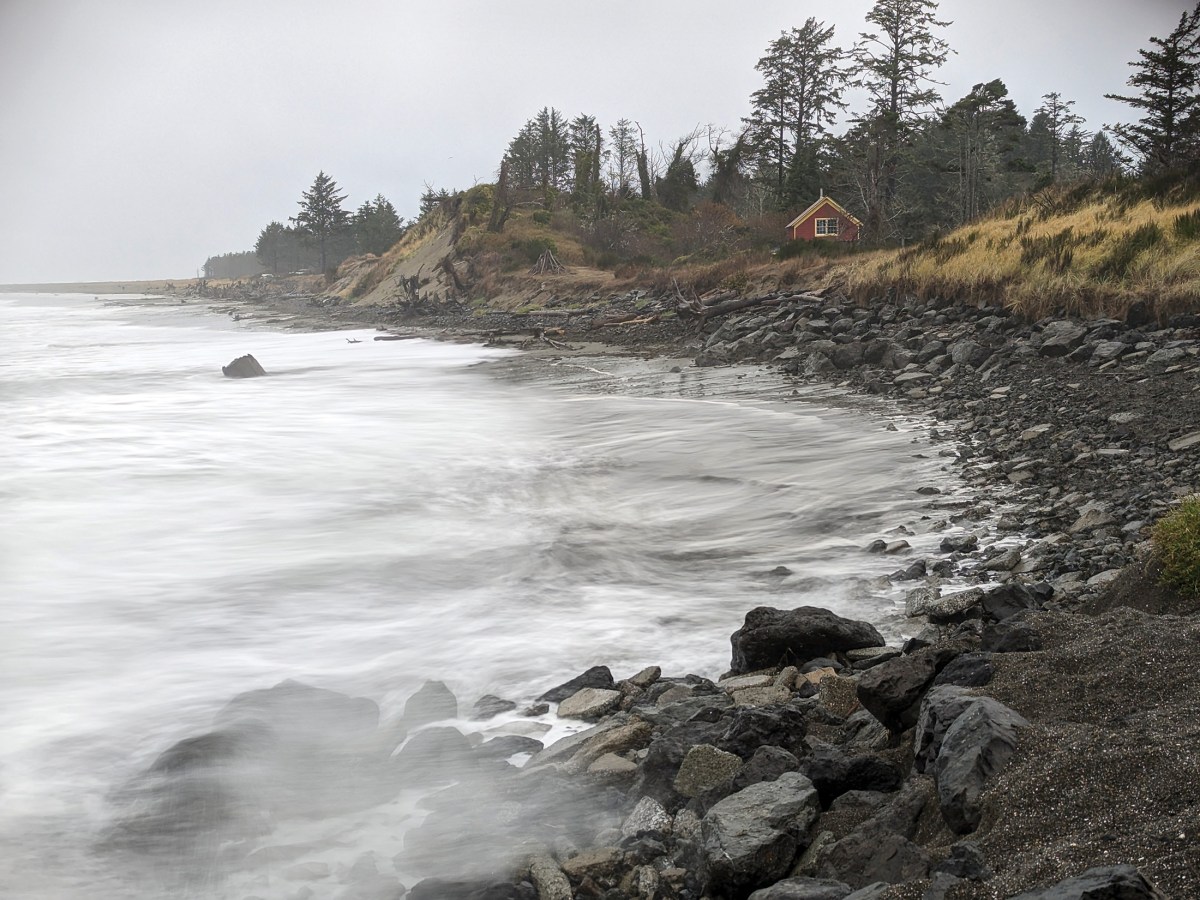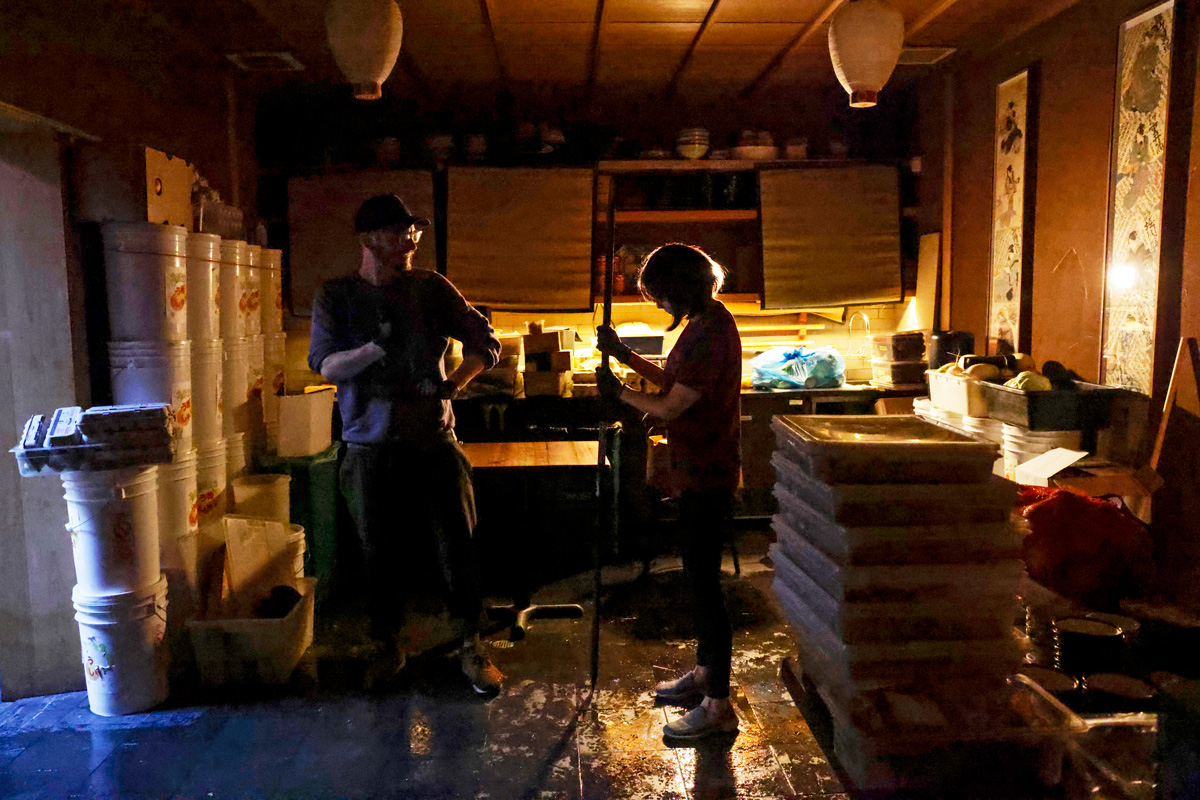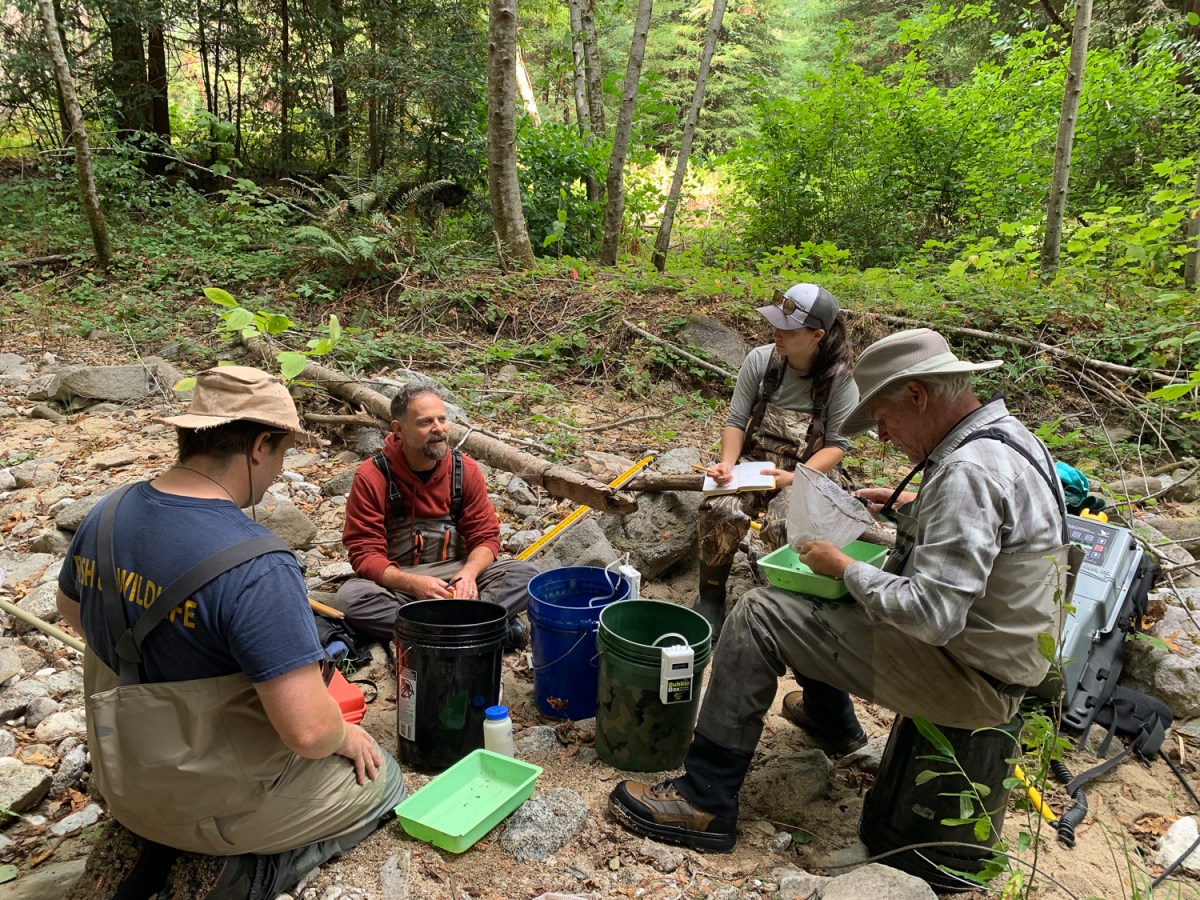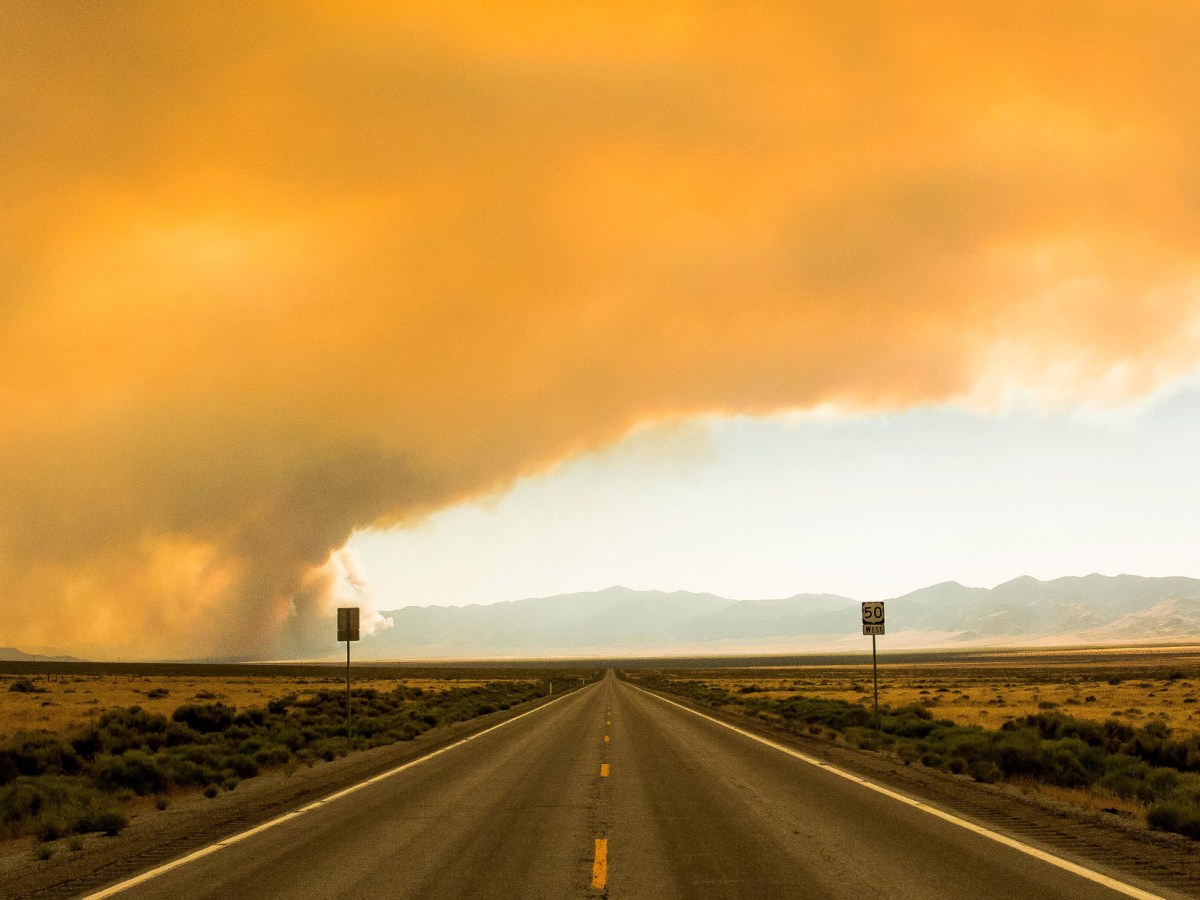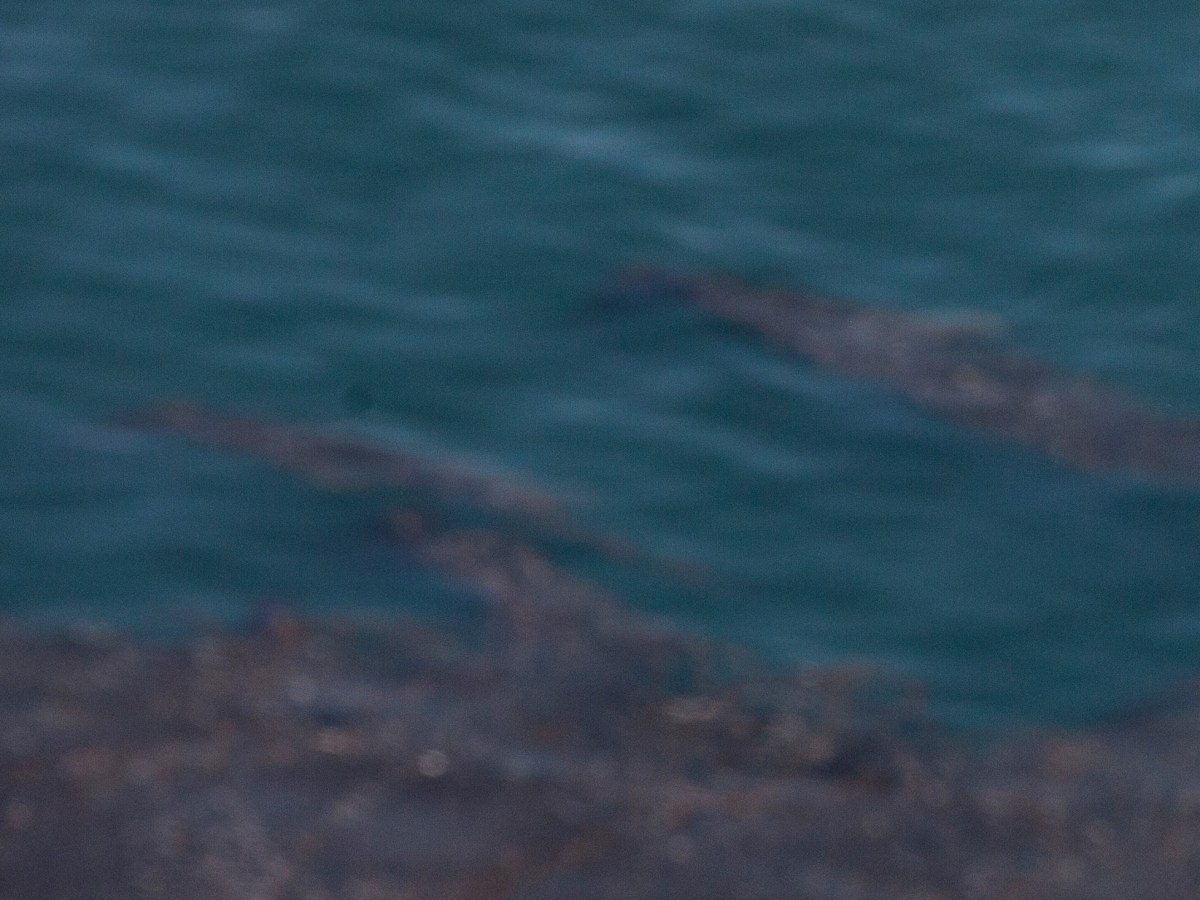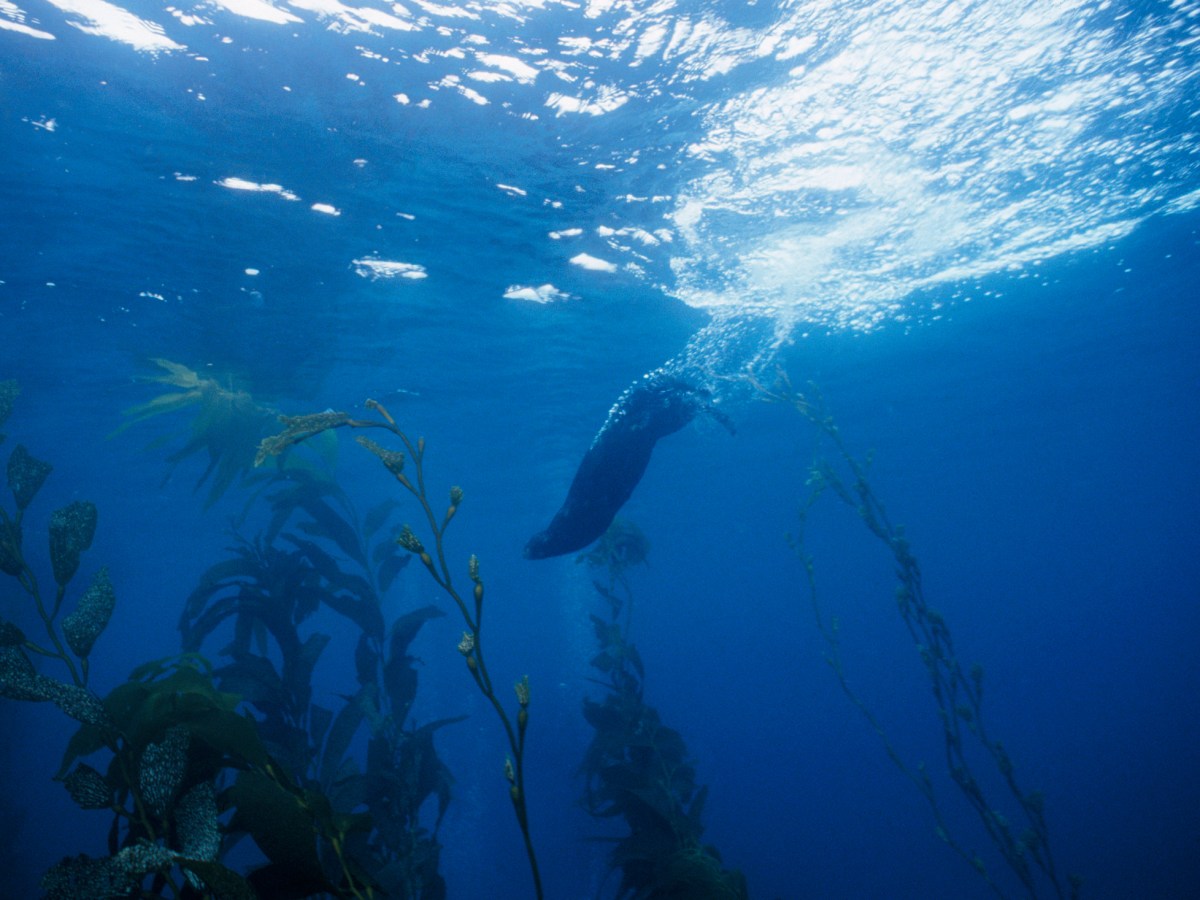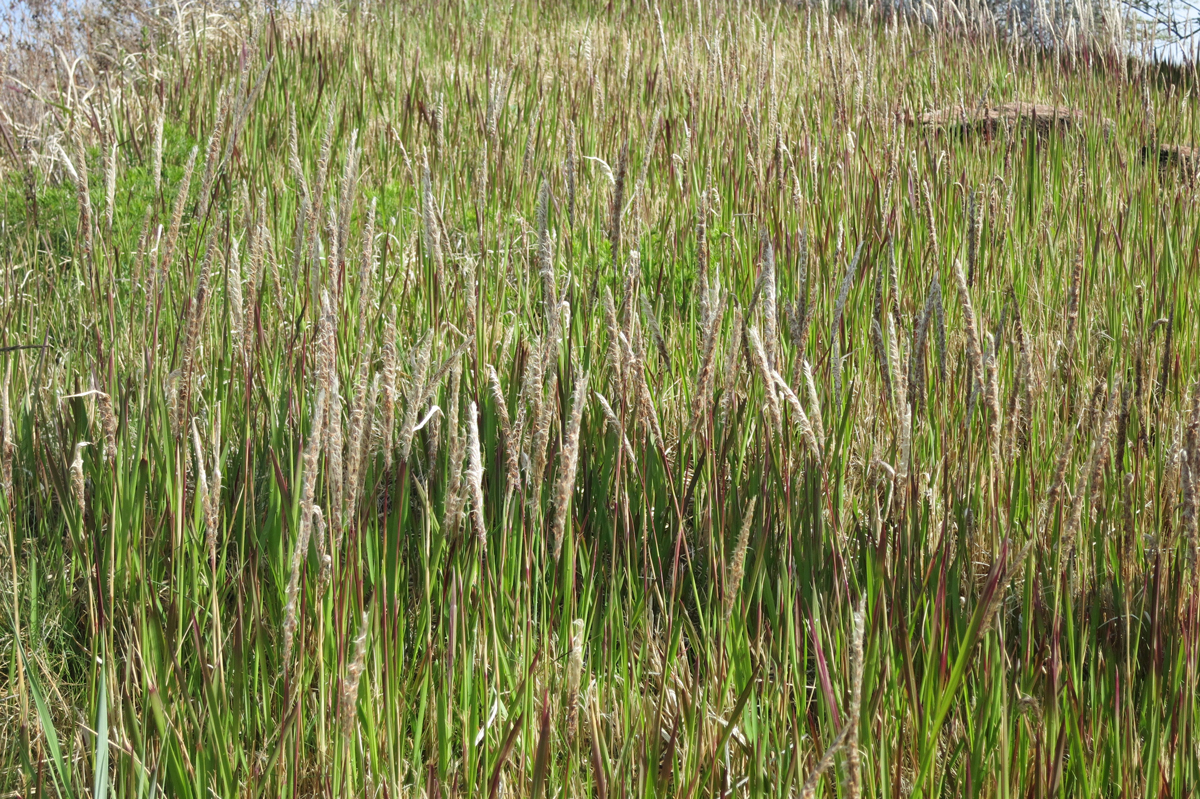Even well-meaning officials often provide inadequate or misleading information, putting communities at higher risk.
Sarah Trent
To protect wild bumblebees, people have to find them first
For six years, hundreds of volunteers have counted bumblebees across the Northwest. Their data is shaping pollinator conservation nationwide.
Finding a fix for ‘forever chemicals’
Tests found PFAS in nearly all the public drinking water in Vancouver, Washington. The city is testing a solution that could take years — and more than $170 million — to build.
A quarter of rural water systems likely contain ‘forever chemicals’
USGS research confirms widespread PFAS contamination in drinking water — including in rural communities and private wells that are almost never tested.
It’s summer. But in the Northwest, spring never showed
As spring gets weirder, warmer and less stable, water supplies, ecosystems and agriculture are getting out of whack.
Yes, 90 degrees can be dangerous
From a jump in ER visits and gun violence to fears for maternal health, the Northwest’s May heat wave shows the dangers of more moderate, early heat waves.
Will the new U.N. High Seas Treaty help protect Pacific salmon?
In March, conservationists worldwide celebrated the historic agreement, which governs the ocean waters where salmon spend most of their lives.
How do you keep migrating birds off a giant toxic lake?
Engineers struggled to keep snow geese away from Montana’s deadly Superfund site, but ecologists have a new plan.
Most drinking water in the U.S. is contaminated by PFAS; here’s what you can do about it
The EPA just proposed new rules on toxic ‘forever chemicals.’
‘There is a whole hell of a lot of water up there right now’
A parade of atmospheric rivers dumped historic rain and snow on California and beyond. What happens next?
In the once-cool forests of the Pacific Northwest, heat poses a new threat
Drought can stress trees to death, but heat’s effects are less known. New research could hold the keys to protecting conifer forests.
This Washington experiment could rebuild eroding coastlines
In 2016, David Cottrell dropped $400 worth of rock on Washaway Beach to see what would happen. Now engineers are watching, too.
The power of atmospheric rivers, explained
Back-to-back storms in California threaten lives, homes, and infrastructure — but will also bolster the West’s water supply.
When dams come down, fish come home
As dam removal nationwide accelerates, experts are learning just how quickly rivers and fish respond.
How to prevent an anti-government revolution
In eastern Oregon, one strategy has proven effective at inoculating communities against extremist ideology.
The West is losing 1.3 million acres of sagebrush steppe each year
A new report aims to advance transforming rangeland conservation across 13 states and 115 million acres.
New bird flu strain threatens North American wildlife
Thousands of seabirds, geese, eagles and vultures are dead, as wildlife health experts recommend a revolution in disease management.
Hotter summer nights affect everything from death rates to crop yields to firefighting
What happens when the Earth can’t cool off overnight?
Returning sea otters to Oregon could revive kelp forests
Reintroduction of the marine mammals may restore coastal ecosystems but also threatens shellfish industries and tribal self-governance.
Botanists find one of ‘the world’s worst weeds’ spreading in the Boise foothills
Cogongrass is the latest of a fast-growing number of invasive plants threatening Idaho’s fire-prone rangelands.

